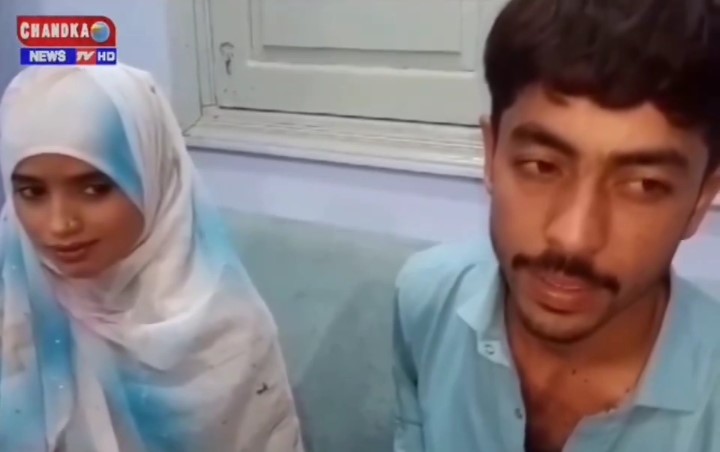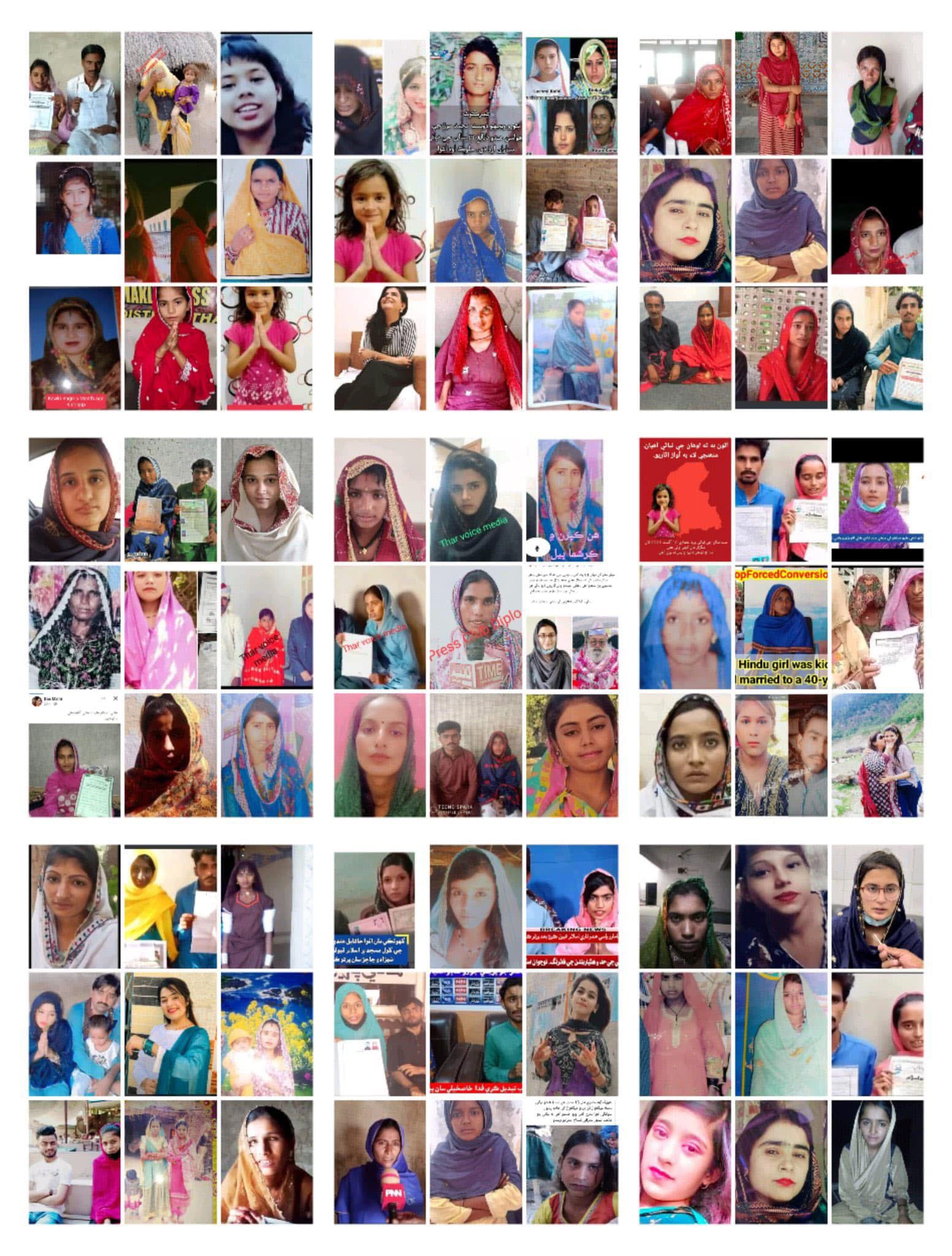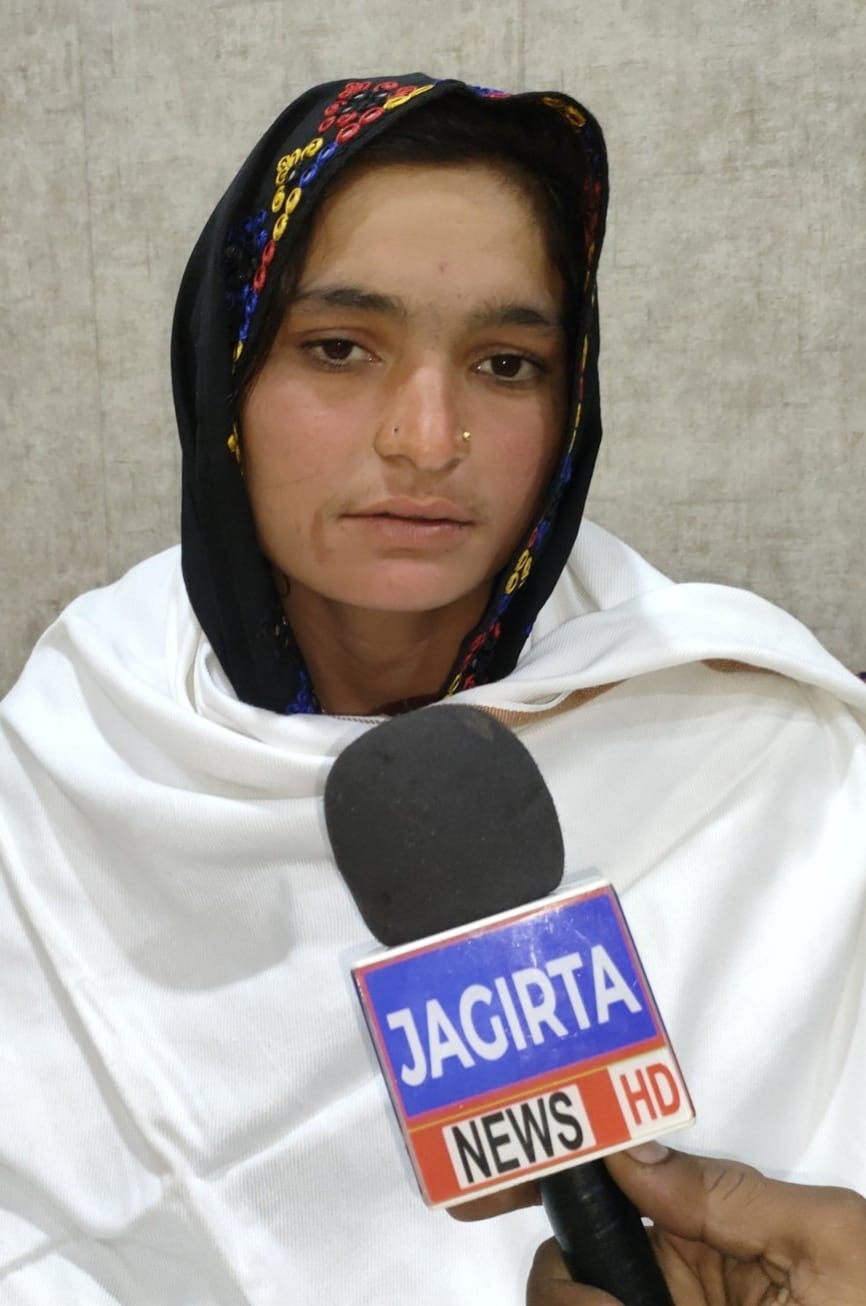On June 8th, 2024, a harrowing tale of religious persecution emerged from the heart of Sindh. A 12-year-old Hindu girl named Sridevi, hailing from Aliabad Goth, was abducted and forcibly converted to Islam. The orchestrator of this horrifying act was none other than Maulvi Abdul Haq Pathan, an influential figure at the Sindh Islamic Madrasa in Larkana. As if the forced conversion wasn’t traumatic enough, Sridevi was then coerced into marriage with Muhammad Zahir.


This incident is a chilling example of the forced conversions that plague the lives of minority girls in Pakistan, particularly those from Hindu and Christian communities. These girls, barely on the brink of adolescence, are abducted, subjected to intense pressure, and often forced to convert to Islam. They are then married off to their captors, in a blatant violation of their rights and dignity.
Such horrific acts tear families apart, leaving them in a state of despair and helplessness. More alarmingly, they completely disregard these young girls’ rights to choose their own religion, a fundamental human right enshrined in international law and the constitution of Pakistan itself.
Such horrific acts tear families apart, leaving them in a state of despair and helplessness. More alarmingly, they completely disregard these young girls’ rights to choose their own religion, a fundamental human right enshrined in international law and the constitution of Pakistan itself.
Forced conversions and marriages are not just a gross violation of human rights; they are an affront to the very essence of religious freedom and personal choice. The international community, human rights organizations, and the Pakistani authorities must act decisively to put an end to this practice.
Sridevi’s story is a desperate cry for justice. It is a stark reminder of the urgent need for change in societal attitudes and legal frameworks to protect the rights of religious minorities in Pakistan. As we rally behind her, let us not forget the countless others who remain voiceless. Their stories deserve to be heard, their rights upheld, and their dignity restored.






